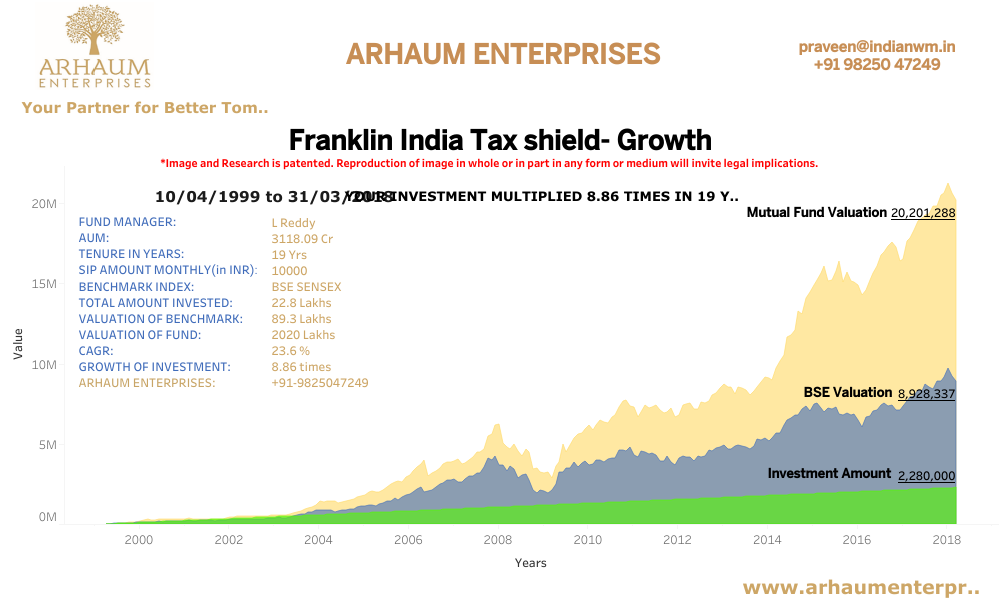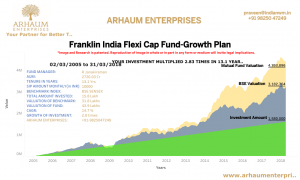This old article may have references to outdated tax rules and laws. For up-to-date information on taxation of mutual funds, refer to https://www.valueresearchonline.com/tax/
Is it a good idea to put R50,000 a year in the National Pension System (NPS) and save some additional tax? It’s a simple question, one that is asked often in all kind of forums. The answer is usually given purely in terms of tax saving. Since the tax saving allowance for NPS investment cannot be used in any other way, the default answer is often that yes, one should invest in NPS because it affords a tax saving that is not otherwise available. And who doesn’t want to save tax.
Get updates from Value Research in your inbox
Alternatively, you might be told of one of the NPS’ many problems as reason enough to avoid it. The long lock-in period, the compulsory annuity, the taxation at withdrawal etc. Coupled with the fact that (practically) no one is actually trying to sell the NPS with any degree of enthusiasm, it means that a lot of people do not make this tax saving investment in the NPS. And since tax saving is often the only driver for such investments, they never get done.
That’s often the unfortunate fate of investments that are made with only tax-saving in mind. If they don’t get done, then the money doesn’t get invested. What we need to do is to start from another place–from the fact that you have R50,000 that you can spare for savings. Now, what’s the best way to invest these. I made a simple comparison for a colleague of mine who asked me this question. He’s 34 years old so will presumably invest for another 26 years till retirement.
Simplified Case A. He puts R50,000 a year in NPS. He gets a likely 11.5 per cent return and at the end of 26 years has R77.8 lakh. These returns are the 50:50 average of debt returns of 8 per cent and equity returns of 15 per cent, which . He then pays tax on some part, buys an annuity with the rest etc. Simplified Case B. He pays R15,000 tax and invests R35,000 in an equity mutual fund. He gets a likely 15 per cent return (as with the equity part of NPS) and at the end has R99.2 lakh. Tax free, and unencumbered–free to use as it pleases him.



